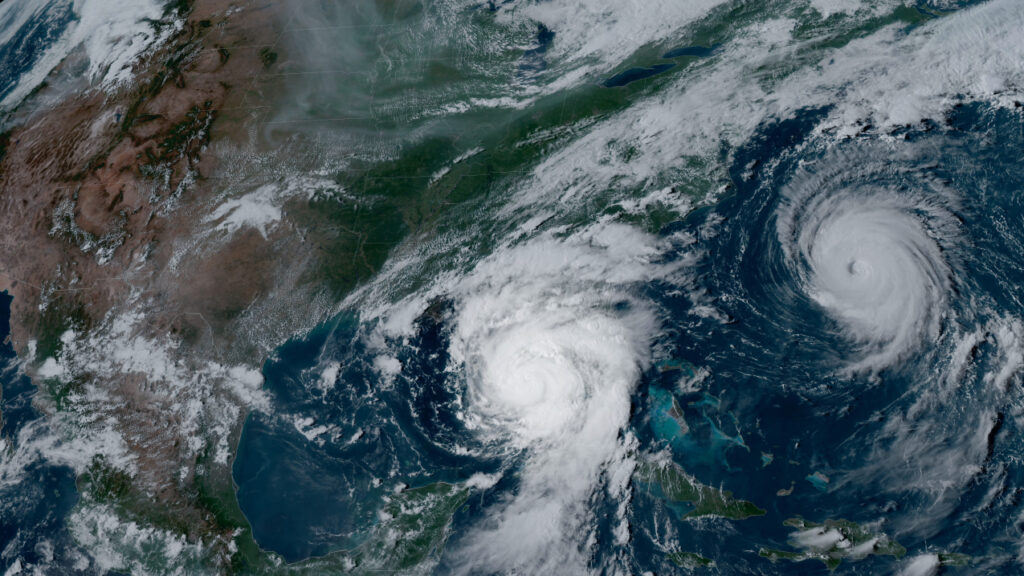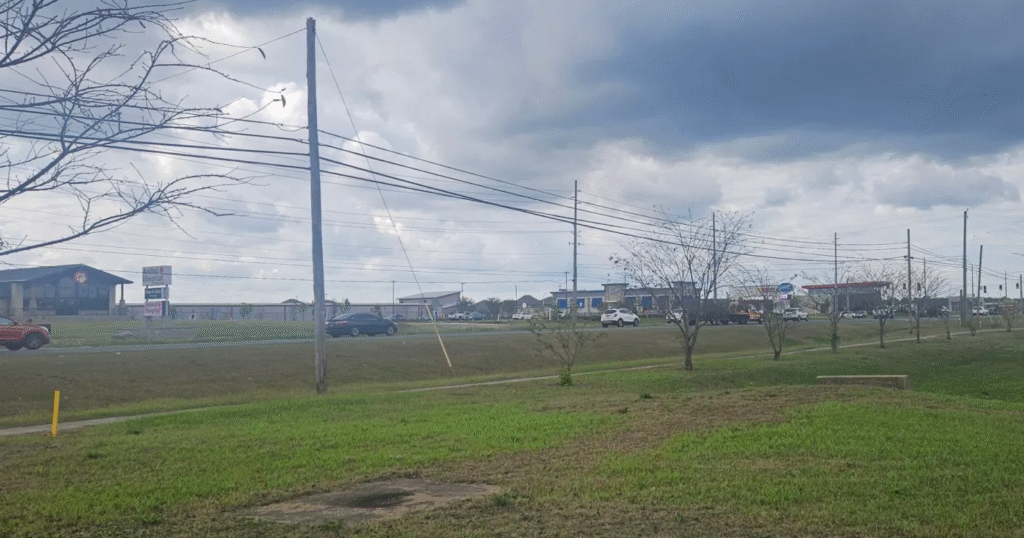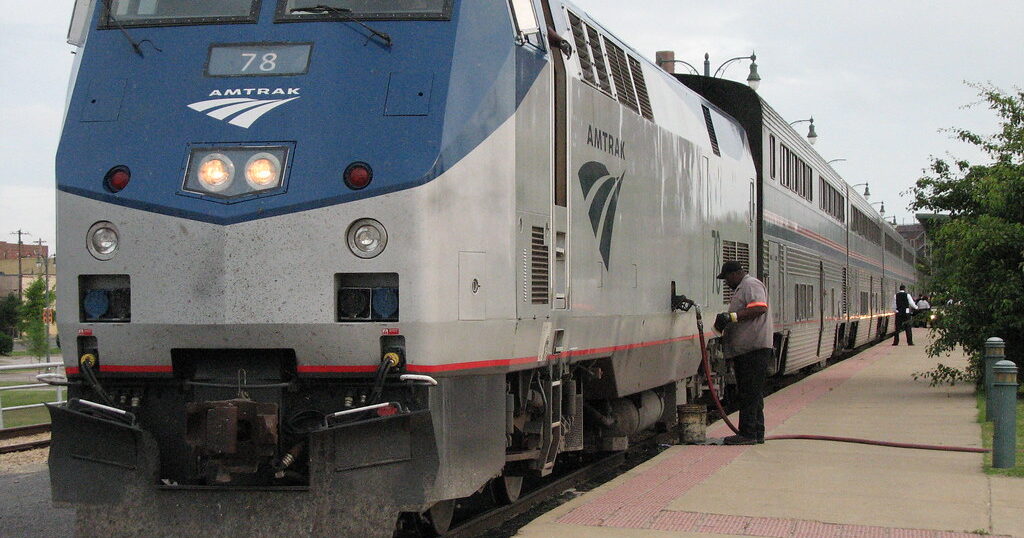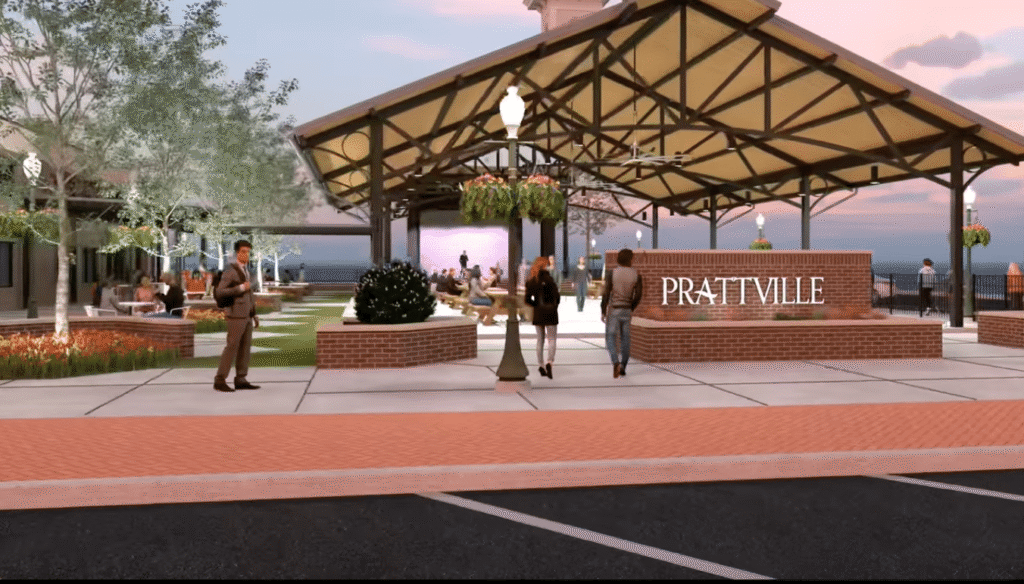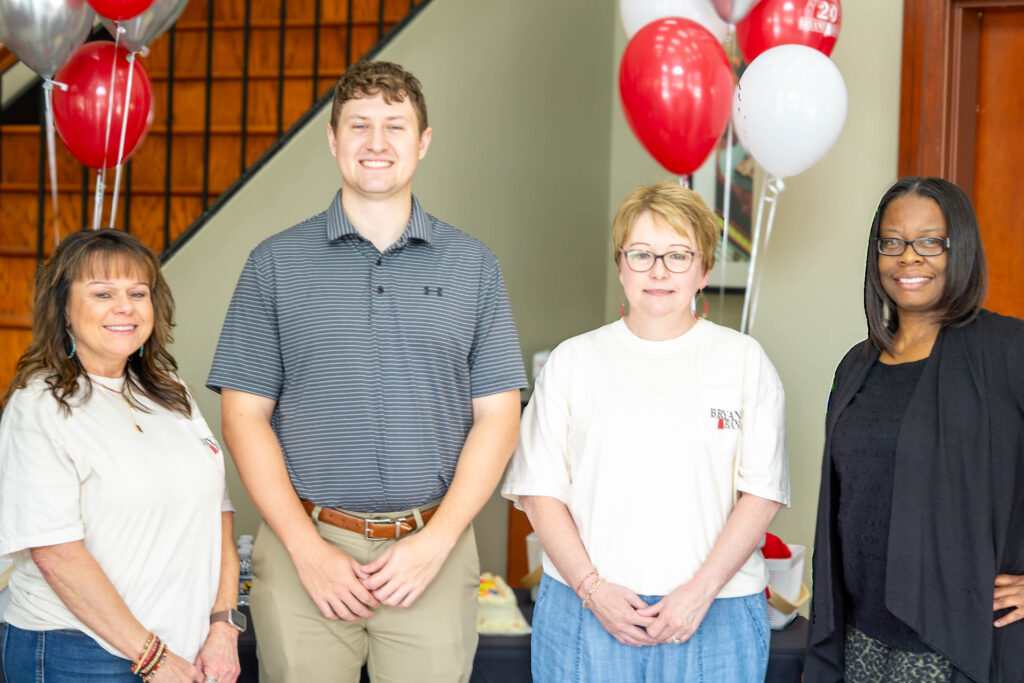Reviewed by: Pat Byington
How you can help experts improve Alabama’s severe weather warning system
Reading time: 3 minutes

Have you ever thought there could be a better way to get alerts when severe weather is in your area? Well now is your chance to help make that happen.
Dr. Laura Myers from the University of Alabama and Dr. David Roueche from Auburn University have teamed up with Dr. Jennifer Collins from the University of South Florida to find out more about how we get severe weather alerts. They are conducting a study called “Risk and Crisis Communication, Impact Assessment Standards, and Best Practices for Effective Sheltering Decisions in Response to Structural Vulnerability” to evaluate how people stay weather aware.
Here’s what they need from you:
- Online survey | English | Spanish
- Severe weather preparedness interviews during severe weather season
- Assessment of the structural wind strength of your residence
You do not have to do all three parts of the study but you can sign up for the additional steps after the survey.
Keep reading to find out more about what you’ll be asked and what they’re hoping to accomplish through this study.

What information you’ll need to give
The online survey is roughly 60 questions long and it says to give yourself about 25 minutes to answer everything—we got it done in about 15 minutes so don’t worry, it’s quick and easy! You also will not need to put your name or any contact information if you just plan to fill out the survey.
After answering quick demographic questions, the survey goes further in depth on asking about your experience with severe weather including:
- How you get alerts + how you react to the alerts
- What weather events concern you
- Your plan for severe weather events
- How safe you feel in your residence during severe weather
Most of the questions are multiple choice with opportunities to further explain as needed.
If you want to do the additional steps to the study, you will have to provide further information for someone to contact you. The residence structure assessment will give you a classification of your residential structure for EF0 to EF5 wind speeds. You can also opt into virtual interviews during actual severe weather events.



Purpose of the study
This survey is available for people in Alabama, Mississippi, Georgia and Wisconsin to compare perceptions of severe weather across a variety of locations.
“The goal of the study is to gain a more in depth understanding of severe weather risk faced by households when taking action from severe weather warnings. The study investigates the personalized and actionable risk and crisis information that the public needs to make the most effective severe weather sheltering decisions in conjunction with your unique residential structure protection from severe weather.”
~ Risk and Crisis Communication, Impact Assessment Standards, and Best Practices for Effective Sheltering Decisions in Response to Structural Vulnerability
Want more stories like this delivered straight to your inbox? Sign up for our FREE newsletter. And don’t forget to follow us on Instagram, X, Facebook + LinkedIn!

